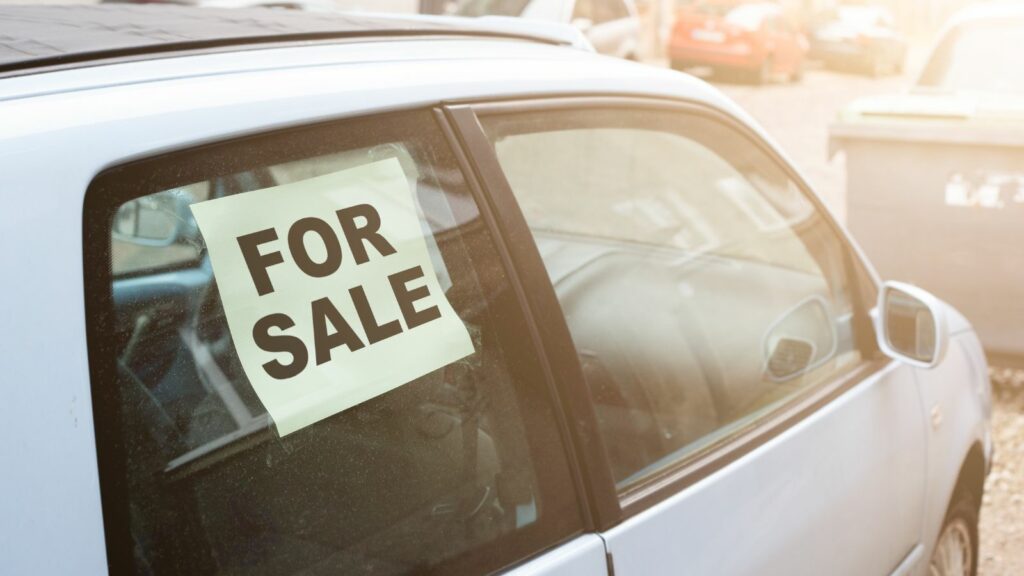The car market has always been fertile ground for scammers, and in today’s world of online listings, digital payments, and quick-turn sales, the opportunities for fraud have only grown. Some scams are updated versions of old tricks, while others are new schemes designed to catch buyers and sellers off guard. For every legitimate deal, there are a dozen ways a dishonest person can separate you from your money. Whether you are in the market for a used car or trying to sell your own, understanding these scams is the best protection you can have.
Title Washing

One of the most damaging scams in the used car market is title washing. Dishonest sellers take vehicles with salvage or flood damage titles and move them across state lines where title branding laws differ. In some cases, paperwork is falsified outright to make the car’s history appear spotless. A car that was once declared a total loss suddenly shows up as “clean,” and an unsuspecting buyer pays top dollar for something that might be unsafe. Many of these cars look perfect on the surface because they have been cosmetically repaired, but underneath, they may have hidden rust, electrical issues, or structural damage. Running a full vehicle history report and checking with your state’s DMV before purchase are the only real defenses against this scam.
Odometer Rollbacks
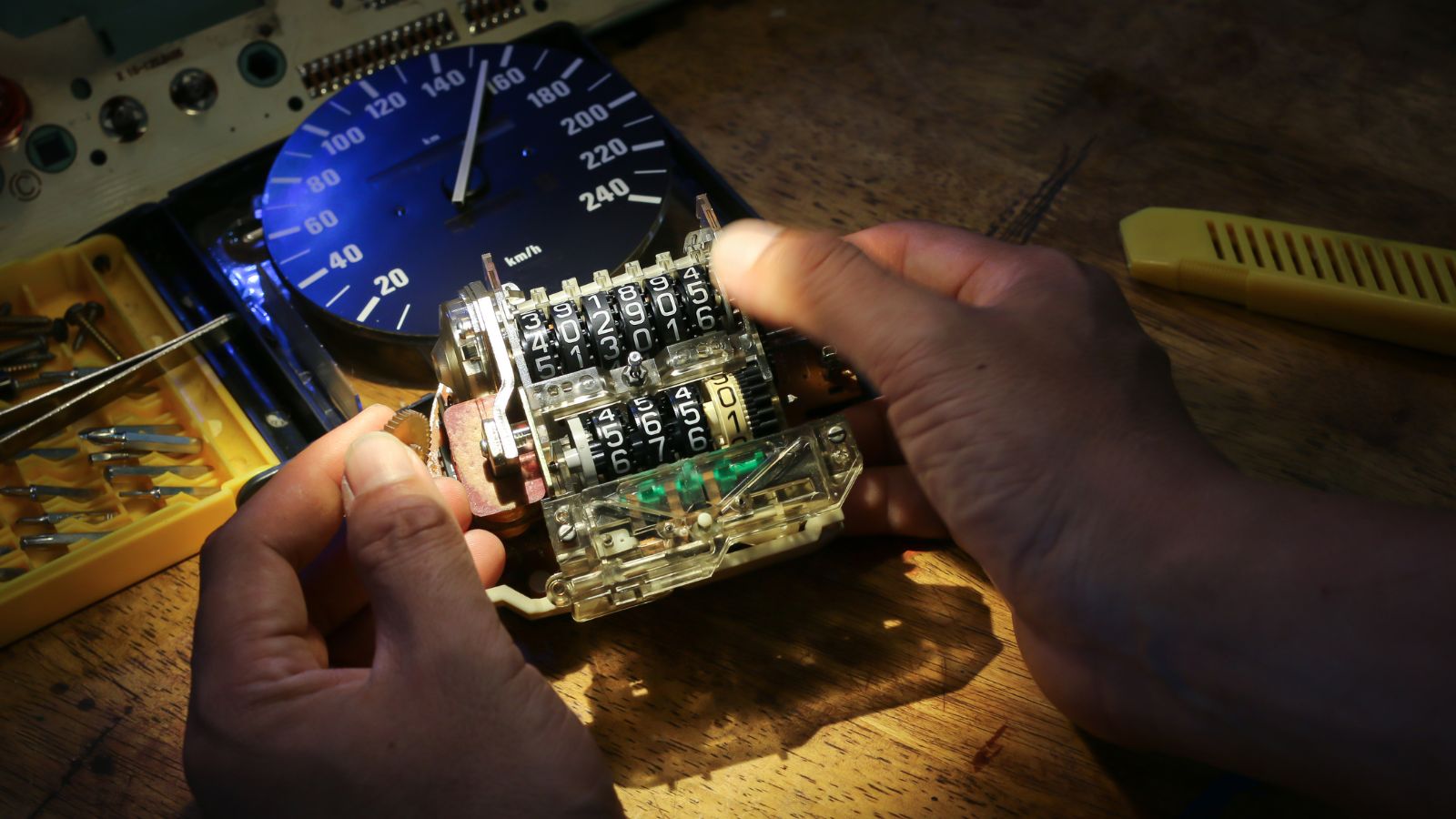
Tampering with odometers has been around for decades, but digital technology has made it easier for scammers to alter mileage with software tools rather than manual rewinding. Lower mileage boosts resale value, so shaving 30,000 or even 100,000 miles off a car makes it appear far more desirable. Buyers who skip thorough inspections may pay thousands more for a car that is much older than it seems. Looking for signs of wear on the pedals, steering wheel, and seats can help expose this scam, as can comparing reported mileage on service records with what shows on the dash.
Fake Escrow Services
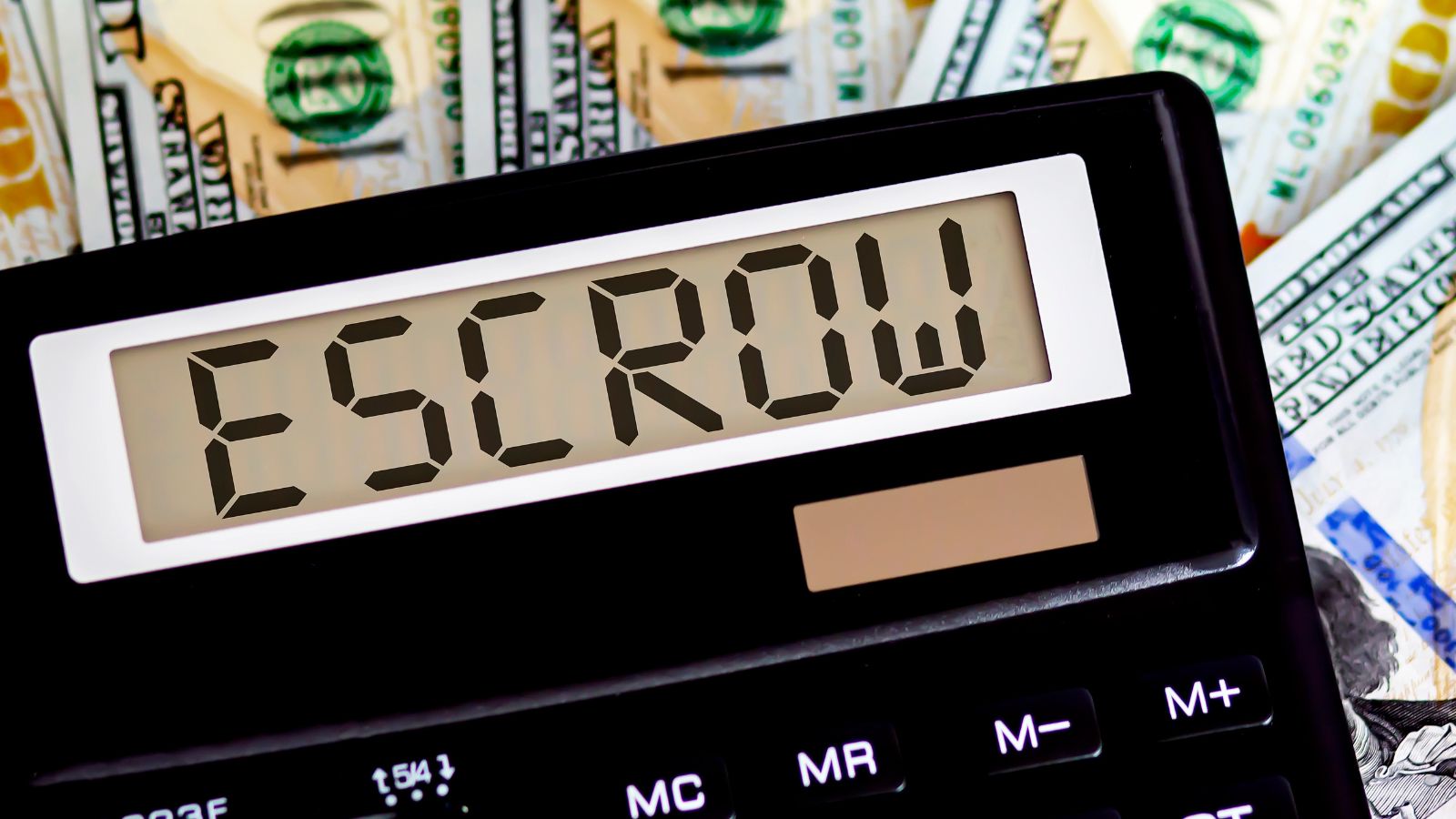
In the digital era, escrow services are a popular way to manage large transactions safely. Scammers exploit this by creating fake websites that mimic legitimate escrow companies. They direct buyers or sellers to these sites, which appear convincing, complete with logos and tracking numbers. Once the buyer transfers money, the scammer vanishes and no car changes hands. The best protection is to only use well-known, verified escrow services and never click on links provided by the other party. Instead, navigate to the escrow site independently and confirm all details.
VIN Cloning
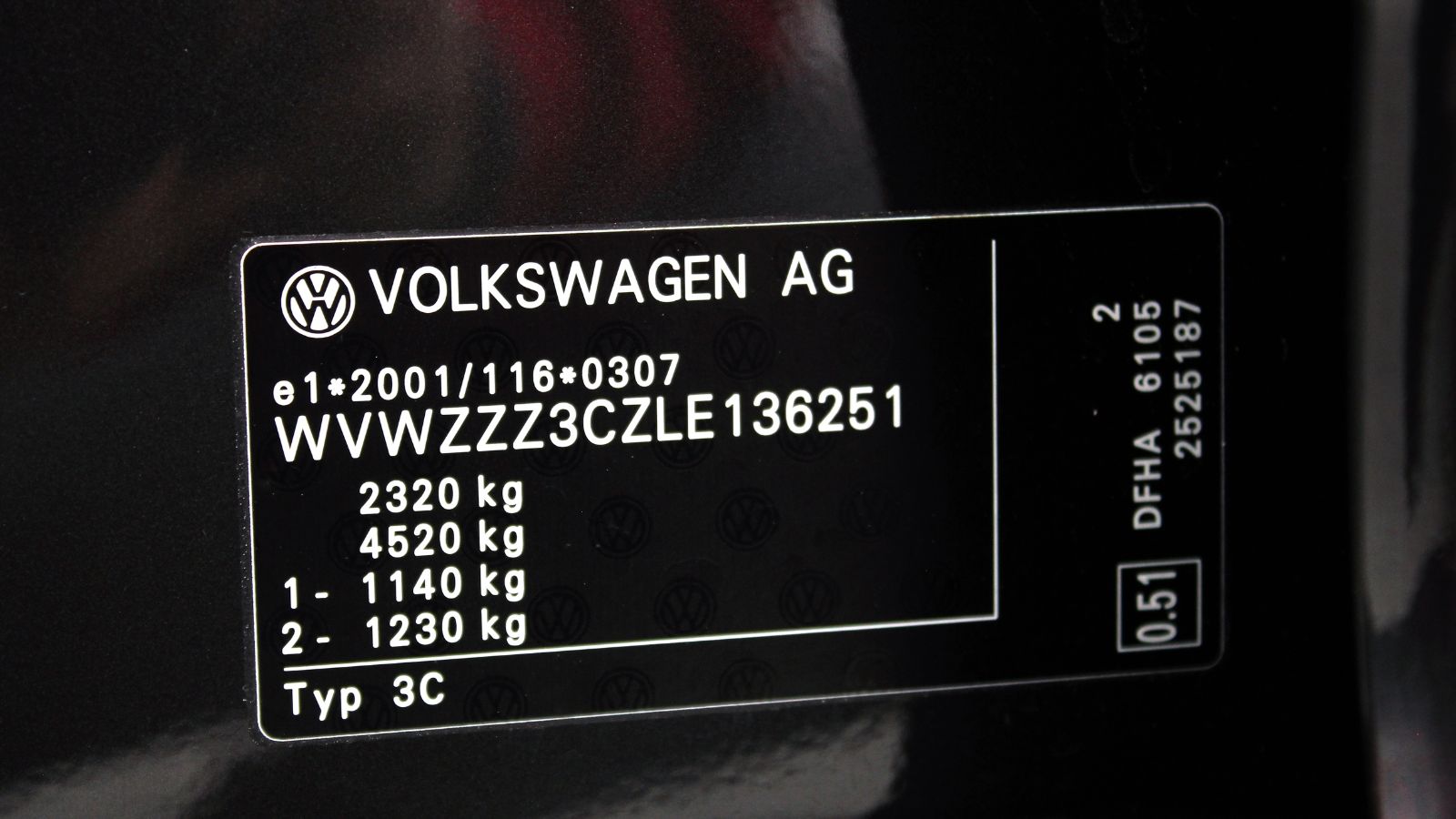
VIN cloning is a particularly sophisticated scam. Thieves take the vehicle identification number from a legitimate car and attach it to a stolen one. The cloned VIN makes the paperwork look correct, tricking buyers into thinking the car is legal. Later, when authorities discover the truth, the car can be seized and the buyer is left with nothing. Cross-checking the VIN on the windshield, the door jamb, the paperwork, and with official DMV records is the best way to spot this trick. If something does not line up, it is a warning sign to walk away.
Curbstoning
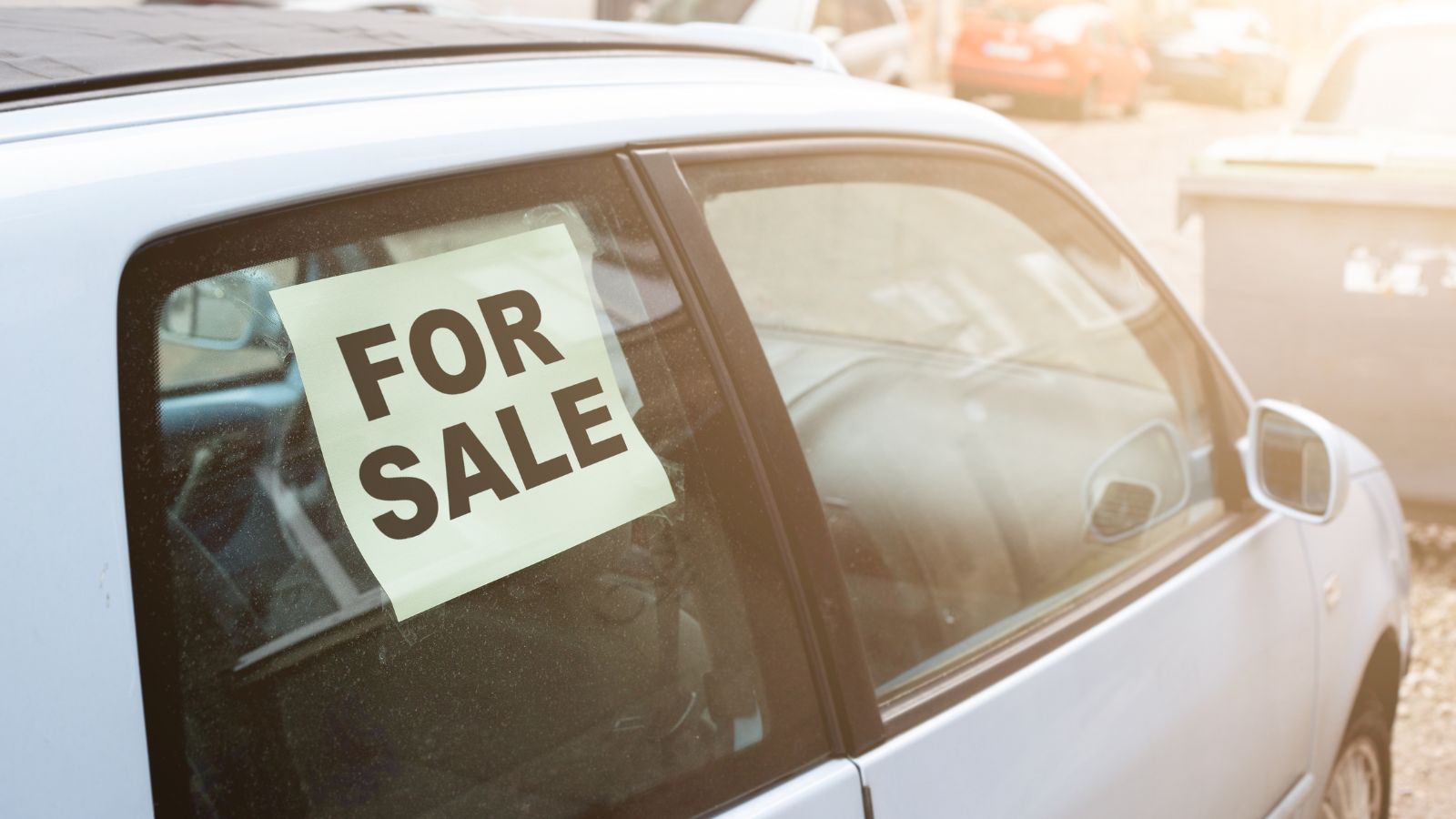
Curbstoning refers to unlicensed dealers posing as private sellers. They often park cars on streets or lots with “for sale” signs, claiming it is their personal vehicle when in reality they are flipping cars in volume. These vehicles are often accident-damaged or poorly maintained trade-ins bought at auction. Once sold, curbstoners disappear, leaving buyers with no recourse. Experienced buyers can often spot a curbstoner by asking direct questions. If the seller cannot provide proper ownership documents or the car is titled under someone else’s name, it is best to move on.
Overpayment Check Scam

This scam targets sellers. A buyer offers a check for more than the asking price and asks the seller to refund the difference. The check looks real and may even clear temporarily, but it eventually bounces, leaving the seller without the car and out the refunded money. Professional salespeople warn that any overpayment request is a red flag. The safest approach is to only accept secure forms of payment and to verify that funds have cleared fully before releasing a vehicle.
Online Deposit Traps

Scammers know buyers are eager to grab a bargain, so they post cars at suspiciously low prices and ask for a deposit to “hold” the vehicle. Once the money is sent, the listing disappears. The car never existed, or it belonged to someone else who never intended to sell. These scams thrive on urgency, convincing buyers that they must act fast or lose out. The golden rule is simple: never send money for a car you have not seen in person and never agree to deposits unless you are working with a legitimate, verified dealership.
Fake Vehicle Shipping Services

International and long-distance transactions have given rise to scams involving fraudulent shipping companies. Buyers are told the car is already loaded onto a truck or ship and will arrive once shipping fees are paid. Sellers can also be targeted, with scammers sending fake confirmations of arranged shipping to pressure them into releasing a car before funds clear. Fake shipping paperwork can look official, so it is important to independently confirm the carrier and track the shipment through trusted sources.
Salvage Switcheroo
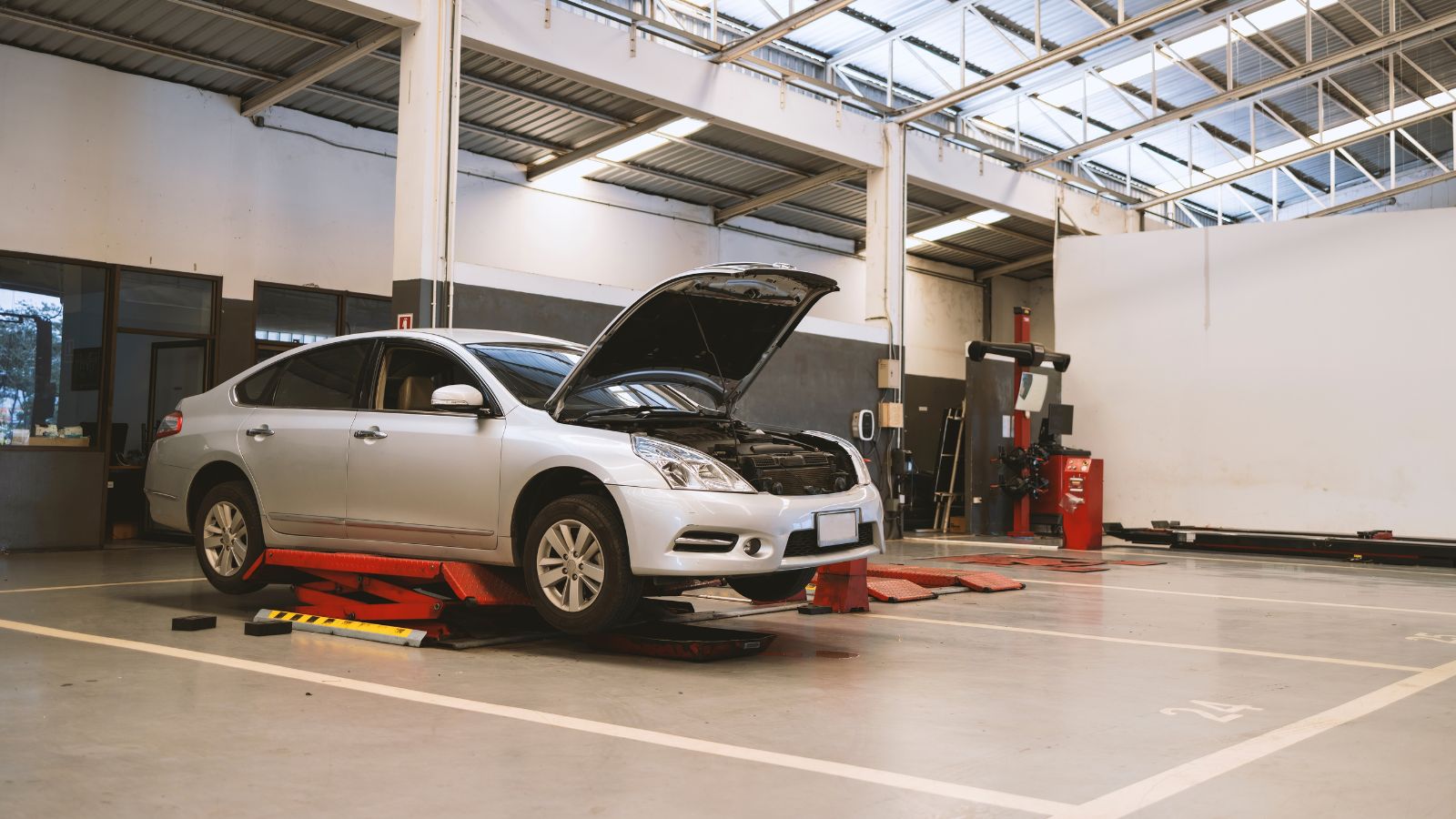
Sometimes known as a “rebuilt scam,” this involves damaged vehicles repaired just enough to look presentable but sold without disclosing their salvage status. The cars may have bent frames, hidden flood damage, or compromised airbags. To the untrained eye they look like a bargain, but in reality they are unsafe and prone to major breakdowns. Insisting on full disclosure and hiring an independent mechanic for an inspection are the best ways to avoid being taken in.
Phony Online Marketplaces

Scammers create fake websites that mimic well-known car listing services. They populate them with attractive photos, copied from legitimate ads, and offer vehicles at prices too good to pass up. Buyers who send deposits or full payments quickly learn the site itself is fraudulent, and the money is gone for good. The safest approach is to stick to reputable platforms, verify seller identities, and never rely solely on online conversations without in-person verification.
Swerve The Scams
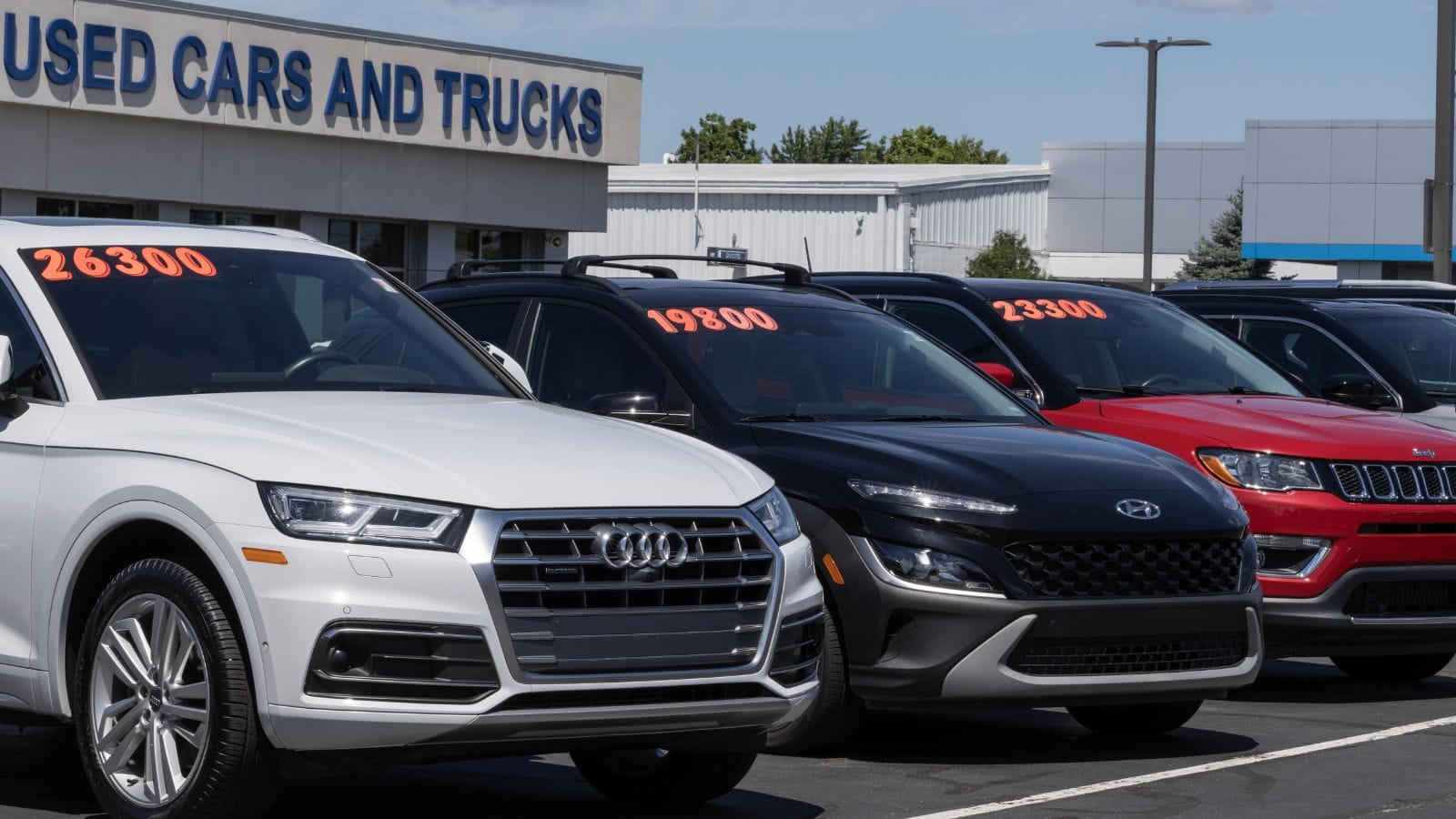
The used car market is full of opportunity but also full of risk. Scams thrive on impatience, excitement, and misplaced trust. The best defense is vigilance. Verify everything, double-check paperwork, and never let urgency override caution. Professional salesmen emphasize that real deals hold up under scrutiny, while scams collapse the moment you start asking tough questions. If something feels too good to be true, it almost always is.
25 Facts About Car Loans That Most Drivers Don’t Realize

Car loans are one of the most common ways people fund car purchases. Like any other kind of loan, car loans can have certain features that can be regarded as an advantage or a disadvantage to the borrower. Understanding all essential facts about car loans and how they work to ensure that you get the best deal for your financial situation is essential. Here are 25 shocking facts about car loans that most drivers don’t realize:
25 Facts About Car Loans That Most Drivers Don’t Realize
